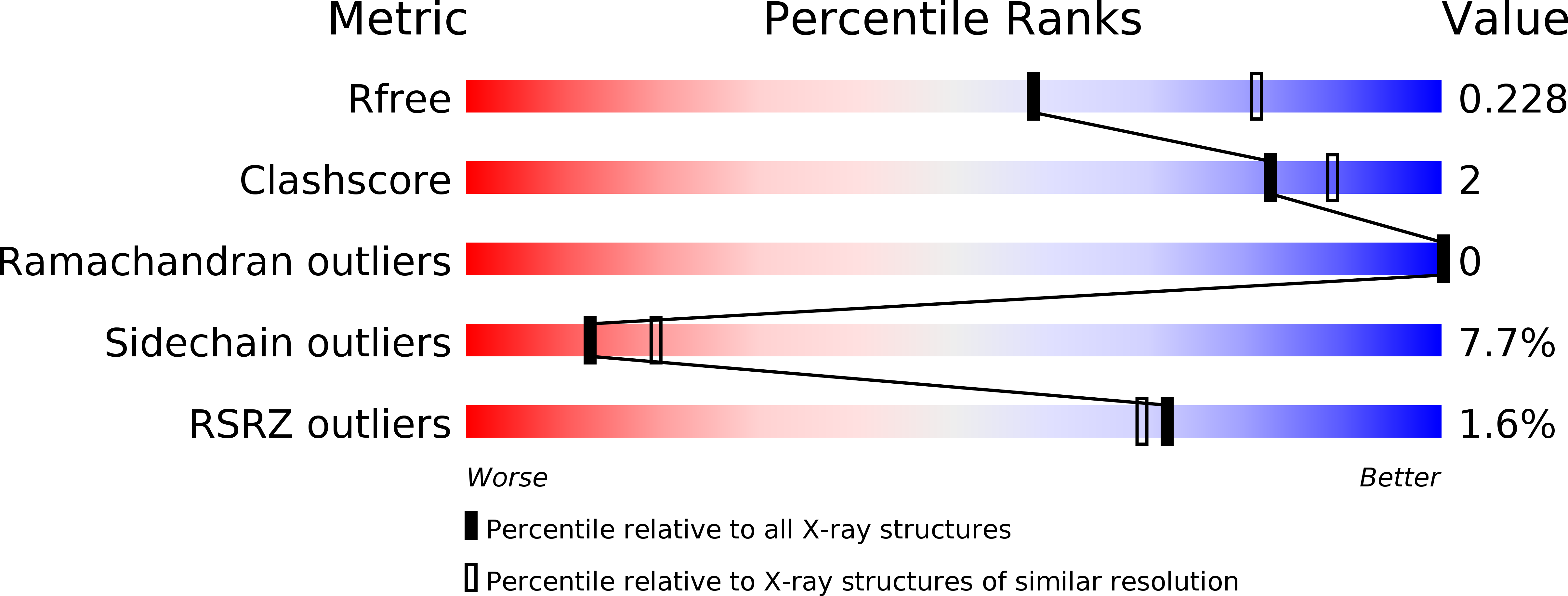
Deposition Date
2013-06-03
Release Date
2013-10-02
Last Version Date
2024-11-06
Entry Detail
PDB ID:
4L1U
Keywords:
Title:
Crystal Structure of Human Rtf1 Plus3 Domain in Complex with Spt5 CTR Phosphopeptide
Biological Source:
Source Organism(s):
Homo sapiens (Taxon ID: 9606)
Expression System(s):
Method Details:
Experimental Method:
Resolution:
2.42 Å
R-Value Free:
0.22
R-Value Work:
0.17
R-Value Observed:
0.18
Space Group:
C 1 2 1


